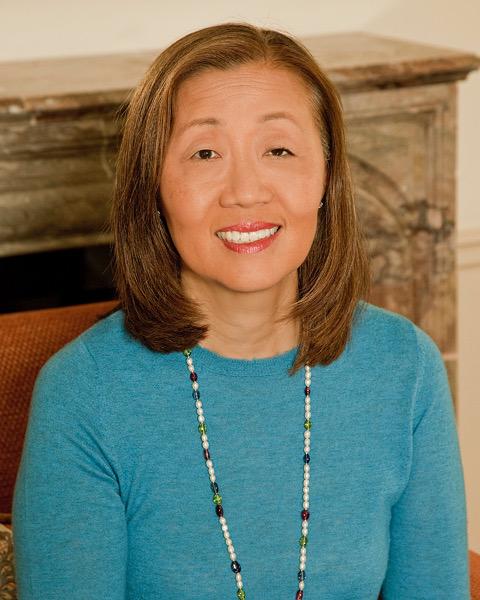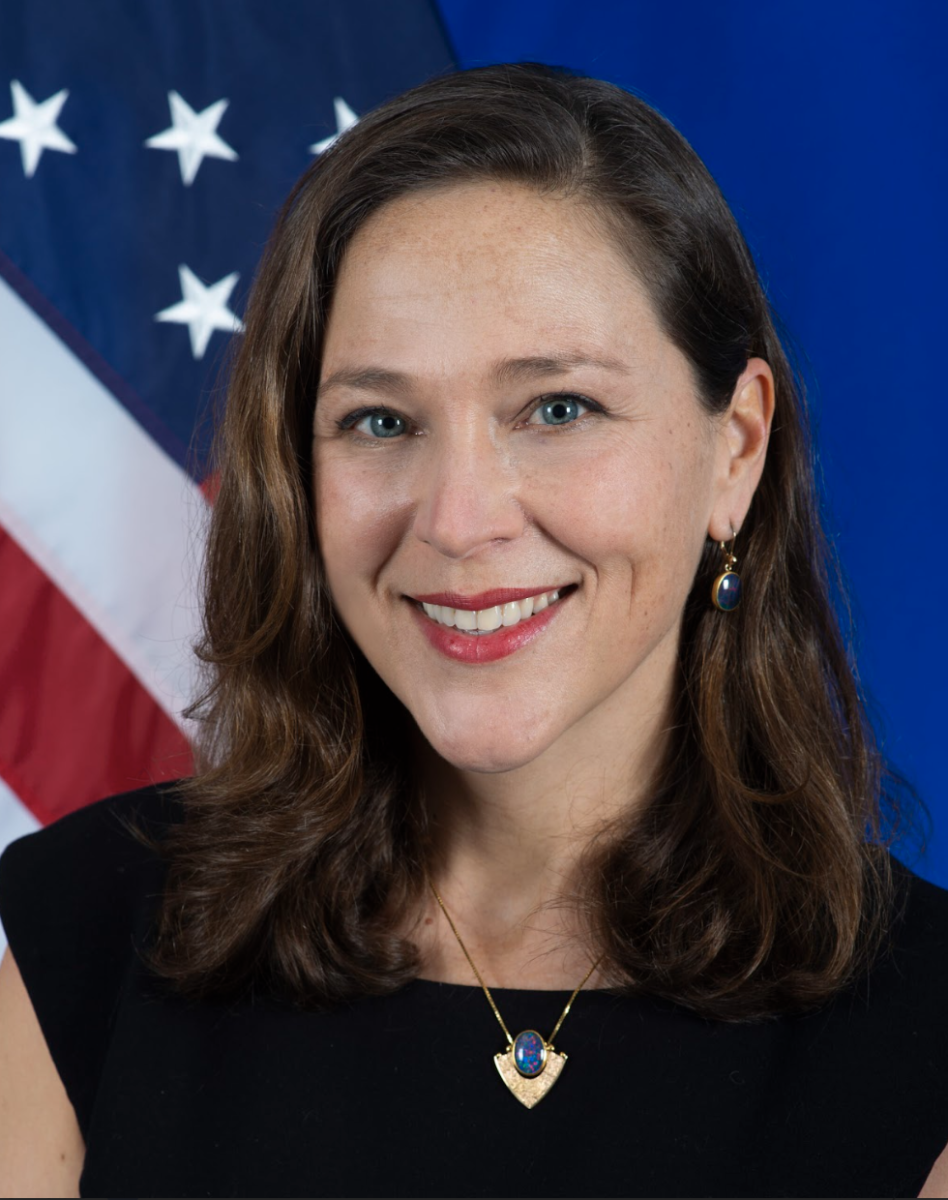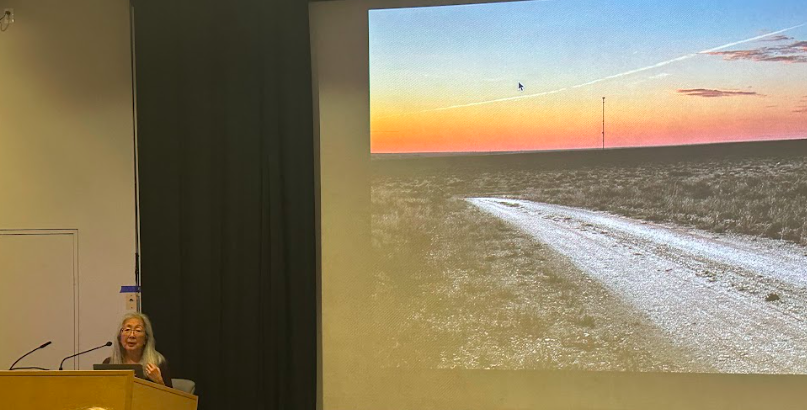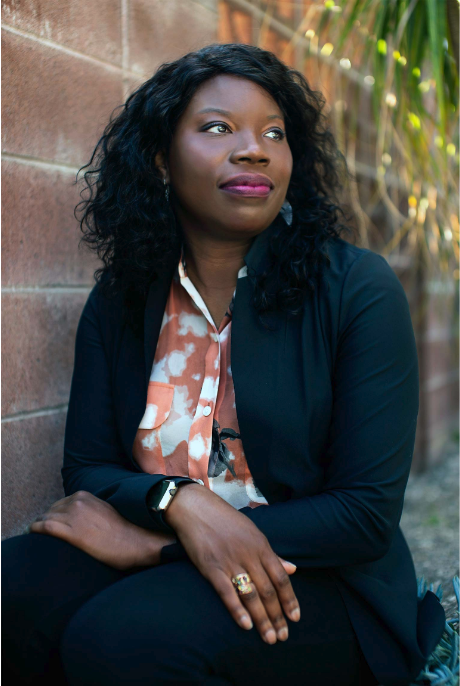Kathy Yeu ’82, now an expert in the field of finances, did not enjoy the economics course she took as a first year at Wellesley. In fact, she despised it.
“Although I initially thought it might open up my career path, economics proved far too theoretical for me,” Yeu explained.
She turned from the world of numbers and instead spent hours pouring over great works of literature; in her academic career, the words of Shakespeare and Bronte replaced formulas and problem sets.
“It was very, very difficult to choose a major. I thought I wanted to be a journalist for sure,” said Yeu, who wrote for The Wellesley News and participated in the student-run WZLY radio show during her time here.
She discovered, however, that journalism was ultimately not her calling. She ended up working for nearly 25 years as a financial advisor and subsequently co-founded a life coaching business.
Even after finding success in the world of business, Yeu harbors no regrets about her choice to major in the humanities. In fact, she wishes that she had chosen to double major in art history and philosophy simply because she found those subjects interesting. While studying the writings of Socrates and works of art may not seem like a conventional prelude to a career in financial services, entrepreneurship and personal branding, Yeu believes they would have provided her with an ample foundation for her future profession.
“Undergraduates these days place far, far too much emphasis on their choice of major,” said Yeu. “I don’t think being a philosophy major would’ve made me more or less appealing to my future employers.”
Yeu values the inherently multifaceted nature of a liberal arts education, noting that the critical analysis skills she acquired as an English major proved invaluable during her post-college life.
Yeu, now an executive advice coach at the business she founded, offers a maxim to current undergraduates: Study what you love. She lauds Wellesley for its interdisciplinary approach to education, which allows students to dabble in a variety of academic fields while emphasizing what she believes is the key to success—potent, persuasive writing.
“If you can’t write, it’s hard to succeed in business… or any career, for that matter,” she said.
Immediately after leaving Wellesley, Yeu ventured into the world of television and broadcasting. She worked for Channel 7 in New York, as well as CNN, before realizing she didn’t enjoy her workplace environment; there was simply too much pressure, and she didn’t feel she was giving back to her community in a meaningful way.
Recognizing that she needed to change the course of her career, Yeu enrolled at New York University, where she earned an MBA in Finance.
She went on to work for a variety of companies, including American Express, CBS and Chemical Bank. During this period of her life, said Yeu, she was beginning to “make her way laterally and up.”
While Yeu proved a talented financial advisor, she did not necessarily feel that this was her dream career.
“It’s perfectly okay to be unsure of one’s career goals; it’s perfectly okay to be unsure of one’s self,” said Yeu, describing her post-Wellesley indecision.
In 2008, Yeu temporarily retired from her professional career and moved to London, where her husband had found employment. Three years later, when she returned to America, she realized she didn’t want to go back into finance; her previous jobs simply hadn’t afforded her the fulfillment she craved.
Eventually, Yeu co-founded a small business,“Lead and Experience your Authentic Person [LEAP] to Brand,” which provides coaching services for both corporations as well as individuals. As an executive advice coach, Yeu leads her clients on a journey of self-discovery as they improve their communication skills, hone their personal brand and develop their emotional intelligence.
She finds working so closely with her clients to be a rewarding experience; as Yeu helps guide them down the never-ending pathway to self-discovery, she often discovers something about herself.
Reflecting on the way Wellesley prepared her for the corporate world, she noted that the open, inclusive environment helped shape her confidence and poise. She believes it’s counterintuitive to say that a historically women’s college doesn’t prepare one for “the real world” which is, of course, full of men. Such a statement seems to equate Wellesley to some sort of simulation, as if students’ experiences here are diminished simply because of something as trivial as gender.
On the contrary, said Yeu, her education within a predominantly female community emboldened her to take on both the world of business and the world of men.
“I noticed that some of my female colleagues would hesitate to share their opinions when there was a man at the conference table. I, on the other hand, was never afraid to speak up,” she said.
For the English major turned entrepreneur, Wellesley College did not only represent a place of learning, however; its classrooms also offered a chance to “unlearn” the gender biases that been unconsciously instilled in her during her youth.
“It was at Wellesley that I first began to find my voice,” said Yeu. “Today, I help others find theirs.”









